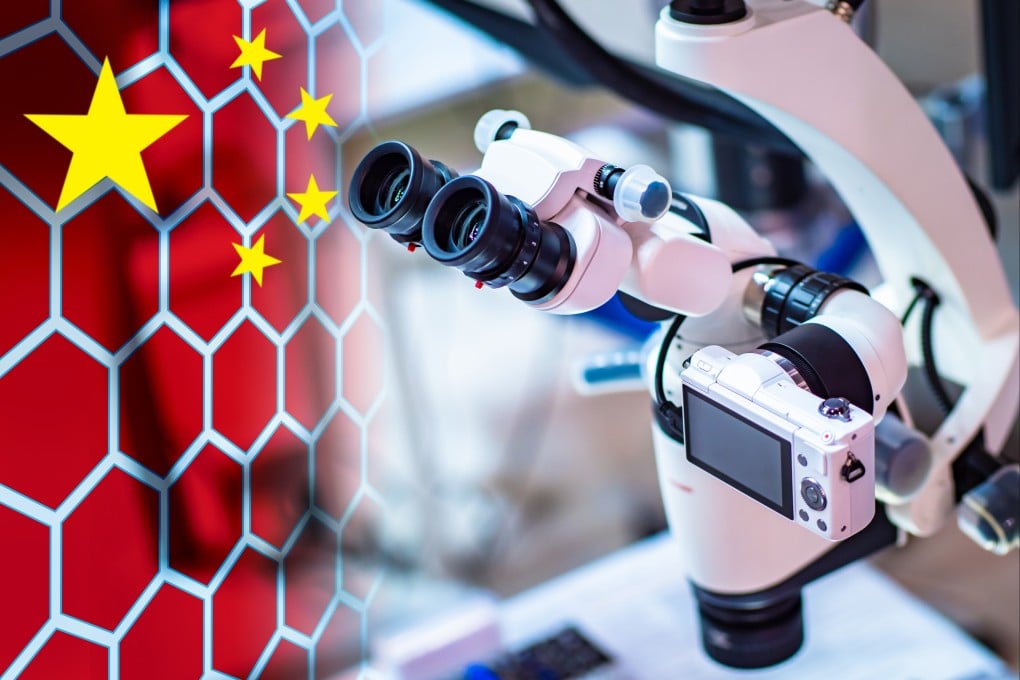Chinese researchers say this molecule might one day deliver the ‘perfect’ drug for depression
- Scientists pinpoint biological pathway used by a common antidepressant and learn how to eliminate its notorious side effects
- Research could revolutionise drug treatment by neutralising hallucinations, addiction risks

The team, from the Interdisciplinary Research Centre on Biology and Chemistry at the Chinese Academy of Sciences, said it found a way to eliminate the drawbacks of esketamine – an approved but controversial antidepressant – by pinpointing its previously unknown working mechanism, according to a study published in Nature Neuroscience last week.
“Esketamine is the only fast-acting medication on the market that fights depression, but its fundamentals are vague. Now with our latest finding, we can make improvements and develop a better drug,” Chen Yelin, lead scientist of the study, told the South China Morning Post.
“This is important work that provides many new insights into the mechanisms of fast-acting antidepressants. These findings are likely to have a major impact on the development of novel therapeutic agents that can elicit fast antidepressant responses without psychomimetic effects,” the paper’s reviewers said.
Esketamine, and its chemical variant ketamine – a powerful anaesthetics that has been used since the 1970s, and is also used as a recreational drug – have well-known antidepressant properties.
But esketamine – now a common prescription drug – has notorious side effects that include hallucinations and addiction.